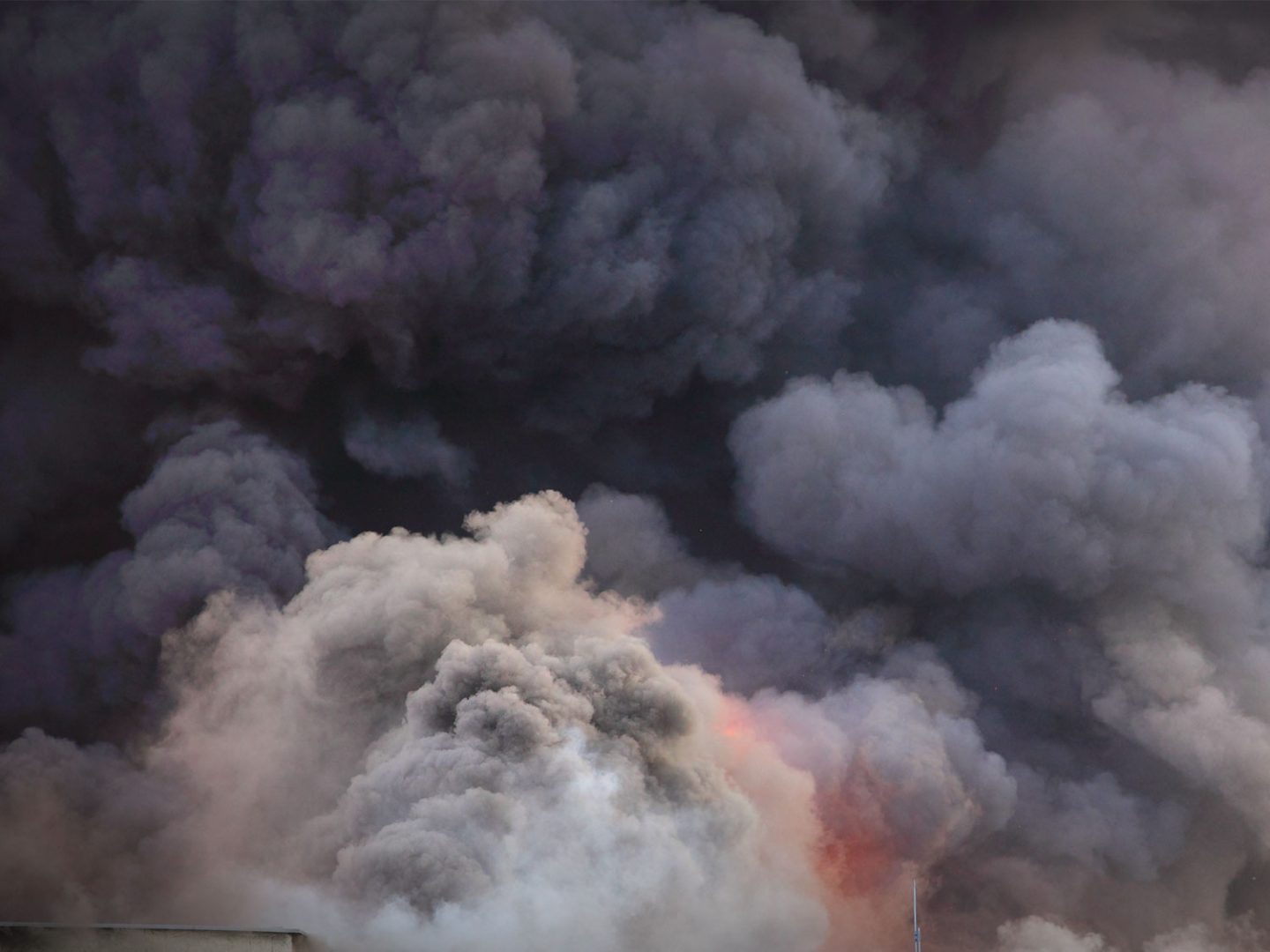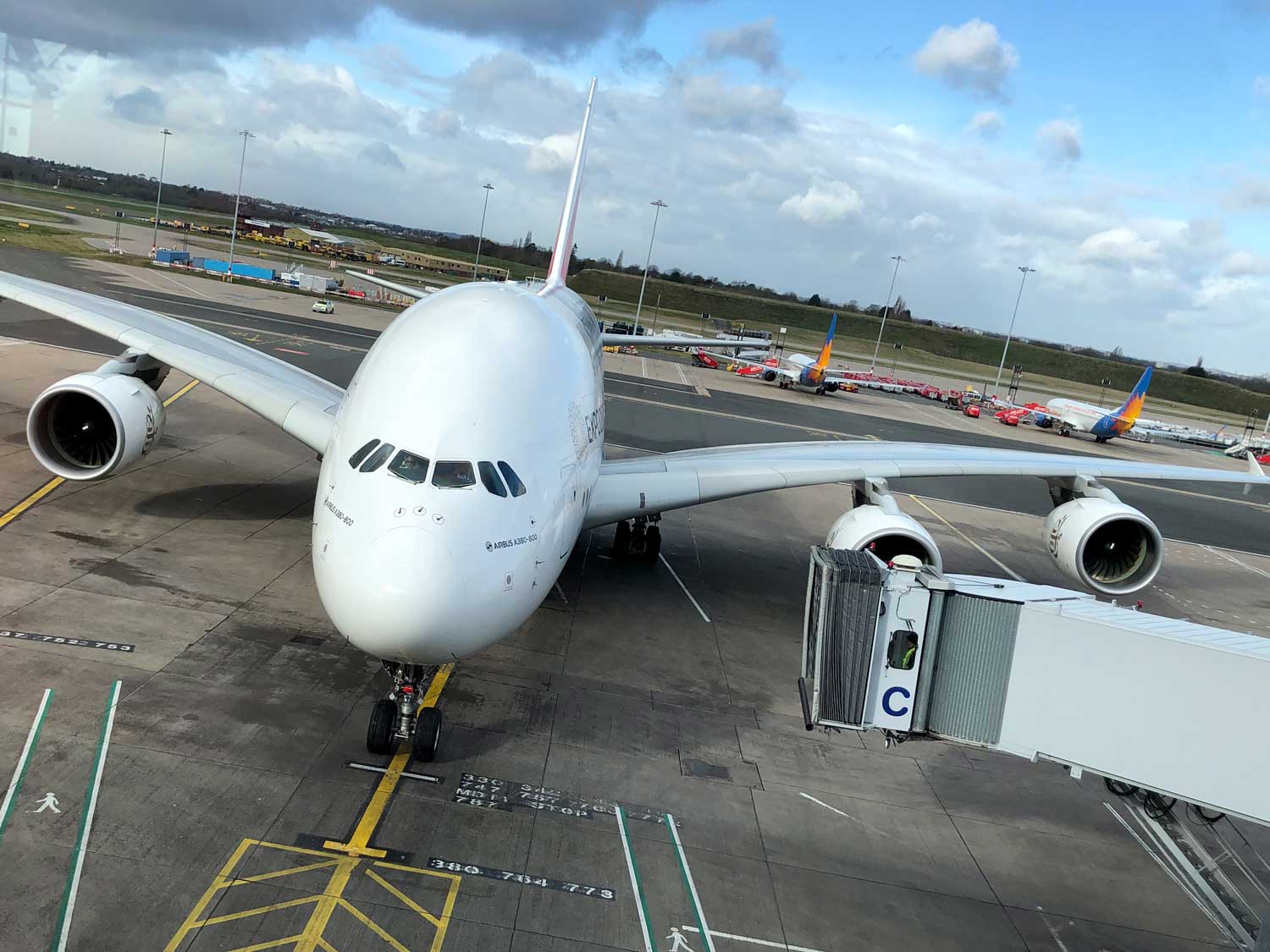In June, a catastrophic factory fire erupted after several lithium batteries exploded, killing 22 people in South Korea. As a leading producer of lithium batteries, South Korea’s Aricell factory housed an estimated 35,000 battery cells, used in products ranging from electric vehicles to laptops.
The fire started with a series of battery cell explosions and due to the highly flammable nature of battery materials like nickel, the blaze spread rapidly, leaving workers with little time to escape. Officials stated that victims likely succumbed to toxic gases within seconds.
Lithium fires react intensely with water, forcing firefighters to use dry sand to extinguish the blaze, which took six hours to control.
Handling lithium batteries safely
Metro specialises in the safe handling, storing, and transporting of lithium batteries by road, air, and sea, with qualified personnel providing documentation and logistics solutions for hazardous cargoes.
Transporting dangerous goods is regulated based on the UN classification system, structured by mode of transport: IATA’s Dangerous Goods Regulations (DGR) for air; the International Maritime Dangerous Goods (IMDG) Code for sea; and the International Carriage of Dangerous Goods by Road (ADR).
When clients ship dangerous goods, including lithium batteries, Metro’s dangerous goods (DG) team advises on classification, quantity limits, documentation, packaging, and labelling requirements, as well as the best transport modes. Team members have completed health and safety training for transporting dangerous goods, supported by dangerous goods safety advisers (DGSA).
Proper documentation is crucial when shipping dangerous goods. Non-compliance can be dangerous and costly, with significant penalties for incorrect paperwork. Metro assists with necessary labelling and documentation, including Dangerous Goods Notes/Declaration and Material Safety Data Sheets (MSDS), ensuring hazardous cargo is handled safely and transported appropriately.
Shipping dangerous goods is inherently hazardous, which is why automotive brands, chemical suppliers, and manufacturers rely on Metro’s expertise to ensure correct classification and documentation. Attention to detail is paramount, as even a minor mistake can have severe consequences.
Metro prioritises the safety of products, people, and the environment during storage and transit. An emergency response plan is in place for accidents at any point. Metro operates a specialised distribution centre at Felixstowe, equipped with state-of-the-art safety features, dedicated to the secure storage of lithium batteries, whether in transit or awaiting call-off.
For further information on hazardous, chemical, and automotive capabilities, please EMAIL Ian Tubbs.





